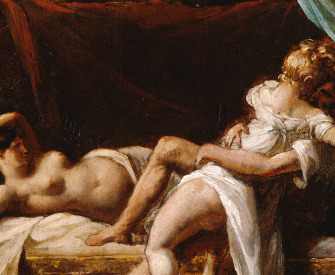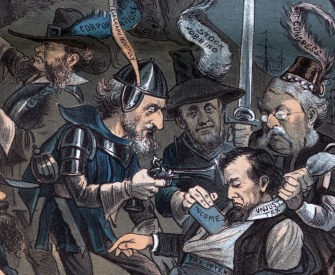Superficial observers look upon polo as a mere amusement and consider it only play, but men of more exalted views see in it a means of learning promptitude and decision. It tests the value of a man and strengthens the bonds of friendship. Strong men learn in playing this game the art of riding, and the animals learn to perform feats of agility and to obey the reins. Hence His Majesty Akbar the Great is very fond of this game. Externally, the game adds to the splendor of his court, but viewed from a higher point, it reveals concealed talents.
When His Majesty goes to the field in order to play this game, he selects an opponent, and some active and clever players, who are only filled with one thought, namely, to show their skill against the opponents of His Majesty. From motives of kindness, His Majesty never orders anyone to be a player, but chooses the pairs by the cast of the die. There are not more than ten players, but many more keep themselves in readiness. When twenty-four minutes have passed, two players take rest, and two others supply their place.
His Majesty is unrivaled for the skill which he shows in the various ways of hitting the ball; he often manages to strike the ball while in the air and astonishes all. When a ball is driven to a goal, they beat the kettledrum, so that all who are far and near may hear it. In order to increase the excitement, betting is allowed. The players win from each other, and he who brought the ball to the goal wins most.
His Majesty also plays polo on dark nights, which caused much astonishment, even among clever players. The balls which are used at night are set on fire. For this purpose palás wood is used, which is very light and burns for a long time. For the sake of adding splendor to the games, which is necessary in worldly matters, His Majesty has knobs of gold and silver fixed to the tops of the polo sticks. If one of them breaks, any player that gets hold of the pieces may keep them.
From The Institutes of Akbar. Abul-Fazl served as a historian and secretary to Emperor Akbar, reforming Islamic theological practices and becoming a military commander of southern India in 1599. Following a rebellion by Akbar’s son, Abul-Fazl was ordered back to court but was intercepted and assassinated en route. In addition to his historical works, the author is said to have translated the Bible into Persian.
Back to Issue


